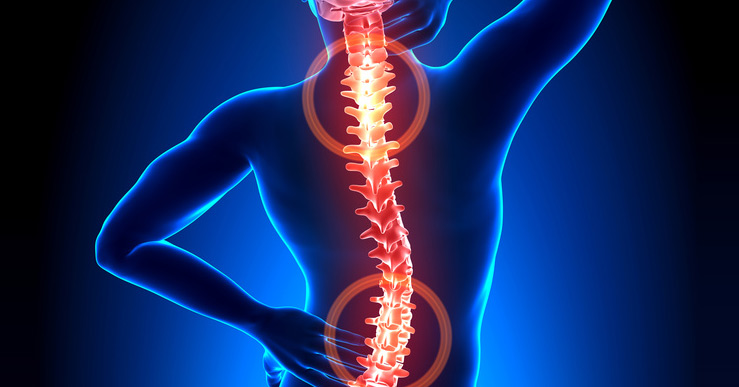
Acupuncture
It may look uncomfortable, but this traditional Chinese practice doesn't hurt when it's done by a licensed pro. He puts thin needles just under the skin at certain points in your body. It may help ease the long-term pain in your knees, lower back, and neck. You can also try it for headaches.
Exactly how it does the job isn't clear. Just believing it works may be part of it.
Turmeric
Popular in Indian cooking, this bright yellow spice does a lot more than add flavor. Curcumin, one of its main ingredients, cuts inflammation in your body. Some studies show it may treat pain from arthritis and bursitis.
Turmeric in food is safe, but don't take it in the form of pills if you have diabetes. They may lower your blood sugar to risky levels if you're on meds for that condition.
Music
If you're hurting, you might want to crank up your favorite tunes. Listening to music releases a chemical in your brain that helps control feelings of discomfort. Some people with fibromyalgia, which causes muscle and joint pain, get relief this way. It may also work if you've got arthritis or a nerve disorder.
How long should you listen? One small study showed just 20 minutes a day gave relief to people with arthritis.
Medical Marijuana
It doesn't work like a typical painkiller. Instead of getting rid of your hurt, it tricks your brain into believing that it's not so bad.
Studies show pot may treat some symptoms of multiple sclerosis. It may also help you sleep better if you have long-term pain.
To use medical marijuana, you need to live in a state where it's legal and get your doctor's OK.
Supplements and Herbs
If you want to go "natural," you've got a few choices to ease your pain. One study shows ginger extract may be as good as ibuprofen for arthritis. Willow bark and devil's claw may help your aching back. And fish oil can sometimes ease symptoms from Raynaud's syndrome and lupus.
Check with your doctor before you try anything. Supplements can interfere with other drugs you take or could harm you if you're pregnant or breastfeeding.
Essential Oils
Can use a cream with essential oils put an end to your aches? There's not a lot of research to make a case one way or the other. But what we do know is that certain scents relax you, which can put some distance between you and your pain. Lavender oil may help your headache. Black pepper, clary sage, and marjoram may soothe sore muscles.
Massage
Anyone who's had a back rub knows the healing power of touch. A therapist's hands can often help ease arthritis and fibromyalgia.
Here's how it works. When your soft tissue gets moved around during a massage, electrical and chemical signals are sent throughout your body. These reduce pain, boost your blood's circulation, rev up your defense system against germs, and cut down feelings of stress.
Yoga
This ancient Indian practice combines breathing exercises, meditation, and moving your body into different poses. It may help ease the pain in your lower back and knees, and manage migraines too.
There's another reason to get on the mat. Over time, long-term pain can lead to memory and emotional problems. There's some evidence yoga can reverse that.
If you are suffering from pain, please contact our office at (516) 419-4480 or (718) 215-1888 to arrange an appointment with our Interventional Pain Management Specialist, Dr. Jeffrey Chacko.













